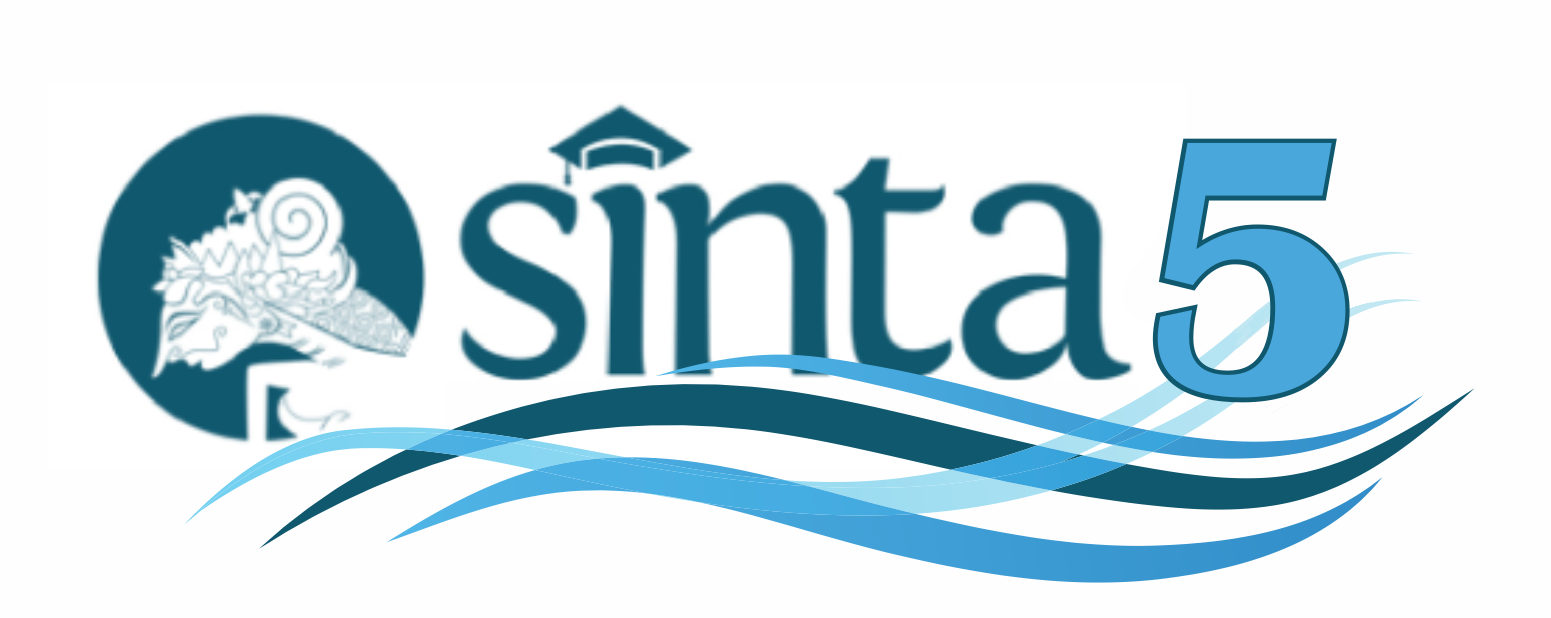ANALISIS TINGKAT KERUSAKAN DAN KONDISI EKOLOGI EKOSISTEM MANGROVE MIMIKA PAPUA
DOI:
https://doi.org/10.31957/.v1i1.502Abstract
Penelitian ini dilakukan untuk mengetahui status kerusakan dan kondisi ekosistem mangrove di Kabupaten Mimika. Pengambilan data dilakukan tanggal 13- 21 Oktober 2015, pada 6 stasiun di Pesisir Selatan Mimika yakni (1) Stasiun Manasari, (2) St. Kampung Atakwa, (3) St. Kampung Atukwa, (4) St. Kakonau, (5) St. Kampus Biru, dan (6) St. Pomako. Menggunakan transek garis dan petak contoh yang dibuat tegak lurus garis pantai di daerah intertidal. Data dianalisis menggunakan Indeks Nilai Penting dan Uji Kriteria Kerusakan berdasarkan kepadatan vegetasi. Penelitian ini menemukan Kabupaten Mimika memiliki status ekosistem mangrove yang baik-sangat baik, namun dibeberapa lokasi terdapat kerusakan yang menyebabkan kerapatan menjadi rendah.
Kata Kunci: Kerusakan, Ekologi, Mangrove, Mimika, Papua
Downloads
References
Alongi, D. M. (2007) Mangrove Forest of Papua, in Marshall, A. J., & Beehler, B. M.(Editors) The Ecology of Papua, Volume 2. Periplus, Singapore.
FAO (Food and Agriculture Organization of United Nations) (2007). The world’s mangroves 1980-2005. FAO Forestry paper 153. Rome.
Fachrul, M. F. (2007) Metode Sampling Bioekologi. Bumi Aksara, Jakarta. Indonesia
Geisen, W., Wulffraat, S., Zieren, M., & Scholten, L. (2007) Mangrove Guide for Southeast Asia. FAO (Food and Agriculture Organization of United Nations) and Wetlands International.
Geisen, W. & Houterman, J. (2007) Sustainable Management of Wetlands in Papua. International Biodiversity Conference (IBC), November 11-14, Jayapura, Papua.
Downloads
Published
Issue
Section
License
Authors who publish with this journal agree to the following terms:
- Authors retain copyright and grant the journal right of first publication with the work simultaneously
licensed under a Creative Commons Attribution-NonCommercial-ShareAlike 4.0 International License
that allows others to share the work with an acknowledgement of the work's authorship and initial
publication in this journal. - Authors are able to enter into separate, additional contractual arrangements for the non-exclusive
distribution of the journal's published version of the work (e.g., post it to an institutional repository
or publish it in a book), with an acknowledgement of its initial publication in this journal. - Authors are permitted and encouraged to post their work online (e.g., in institutional repositories or
on their website) prior to and during the submission process, as it can lead to productive exchanges,
as well as earlier and greater citation of published work (See The Effect of Open Access).




















